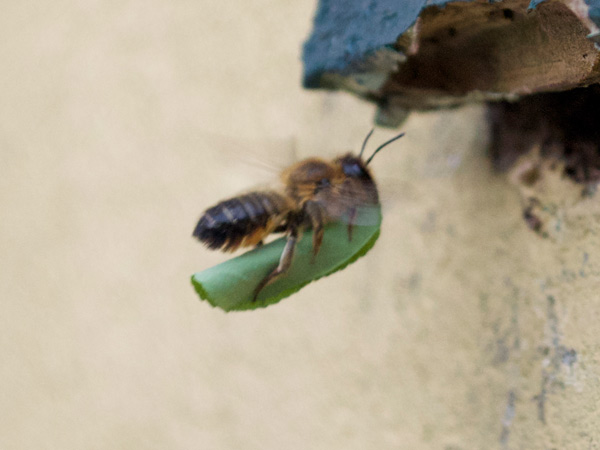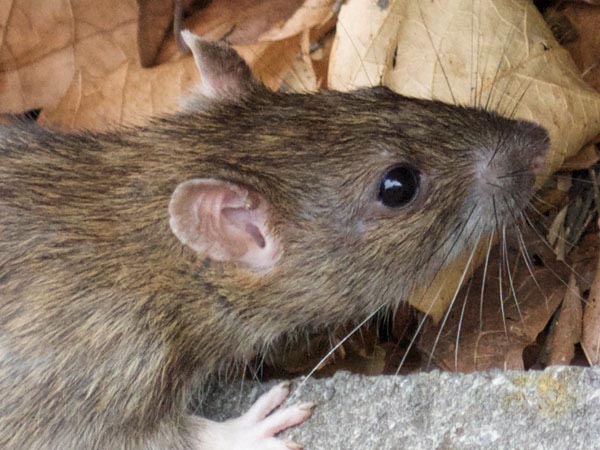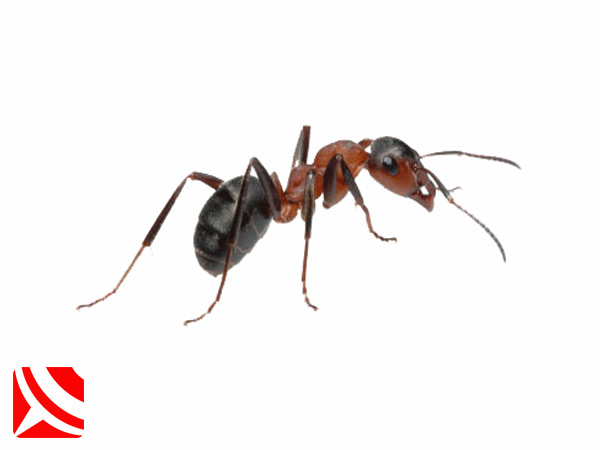First Aid Advice For Mild Insect Stings

What to do if you're stung and having a mild reaction?
Your aim with a casualty who has been stung is to reduce as far as possible any swelling or discomfort.
If the casualty is showing any of the following signs or symptoms you need to call "999" immediately for help and advice!
- They Have a known allergy to stings
- They Lose consciousness and/or become unresponsive
- They Become confused or disorientated
- They Have a respiratory wheeze
- They Have difficulty breathing
- They Have been stung in the mouth, or on the head or neck
First Aid For Mild Insect Sting Reactions
Signs and symptoms of a mild reaction to insect stings
- Fear and anxiety
- Localised Swelling
- Skin blistering
- Pain
- Nausea
- Hot, constricted
- Mild, raised itchy rash (hives)
What to do next
Make yourself safe, with a physical barrier or good distance between you and any stinging insects.
Bees use the sting as a defence where as wasps use the sting as a means of subduing insect prey which is why a bee has barbs to ensure the sting stays in and a wasp sting does not, so it can sting multiple times.
Being stung is an experience some people are indifferent too, for others though the experience can be terrifying. First you feel a very sharp, searing or burning pain, then a throbbing discomfort that can last for days.
The area affected will often present with a white swollen centre that can sometimes blister and weep surrounded by a red ring. This blister can become infected and even scar. A venom extractor is often very effective in limiting any blistering or prolonged swelling, but is unlikely to significantly reduce the pain experienced.
The bee sting needs to be removed as soon as possible to reduce the continued flow of venom from the venom sack attached to the sting. To remove the sting take a finger nail, credit card or blade and scrape the sting off. Avoid using tweezers as you may compress the venom sack and inject more venom into the sting site.
Once the sting is removed wash the injury site with soap and water, elevate it where possible and apply a cold compress a bag of frozen peas or similar wrapped in a cloth should be fine.
Contact NHS Direct, your GP or visit your local walk in centre if symptoms persist for more than 24 hours or you feel they are getting worse. Remember some people have delayed reactions that might include, fever, swollen glands, and joint pain
Oral and or topical cream and spray based antihistamines may help and always read the label.
First Aid For a Severe Insect Sting Reaction
Signs and Symptoms Of A Severe Insect Sting Reaction
> Fear - anxiety
> Faintness or loss of consciousness
> Fatigue - feeling tired
> Confusion
> Nausea or vomiting
> Difficulty breathing or complete cessation of breathing
> Wheezing
> Swelling of the tongue, face and neck
> Congested - red appearance to face
> Rapid pulse
> Hives and a severe raised red rash, spreading across the body
What to do next
Make yourself safe, with a physical barrier or good distance between you and any stinging insects.
Keep the casualty calm, reassured and above all still to reduce systemic spread of venom.
Call 999 immediately and follow advice
Assist a conscious casualty to take an EPI PEN if they have one
Remove any sting or stings still in place as quickly as possible
If the casualty becomes unconscious place them in the recovery position
If the casualty is unresponsive and not breathing normally begin CPR
Wait for qualified help to arrive
First Aid & Treatment Advice On Stings
Insect stings in the UK are common thanks to a healthy number of insect species, all with the ability to sting, like Wasps and Bees. This means that they inject venom into you via a sting or stinger which is a modified egg laying (ovipositor) tube, through the skin directly into your soft tissues and blood stream.
Venom attacks the body in different ways depending on it's composition. The danger with venom is that everyone reacts to wasps stings and bee stings differently and as such most people who are stung only experience localised pain and swelling, and are generally unaware how dangerous a sting can be.
Anaphylactic Shock From Insect Stings
In some people stings can cause a life threatening systemic reaction called Anaphylactic Shock that can lead to complications, causing death in under four minutes.
Of course we have medication that can help, but paramedics are not always just around the corner, nor do our mobile phones always work when we are out in the countryside so it pays to understand a little first aid about how to treat insect stings especially in respect of ants, bees and wasps.
The Main culprits are wasps and bees, but it must be stressed that they only use their sting in defense, so when you encounter these insects remember they are sensitive to movement, meaning the slower you move and the quieter you are, the less likely you are to get stung.





